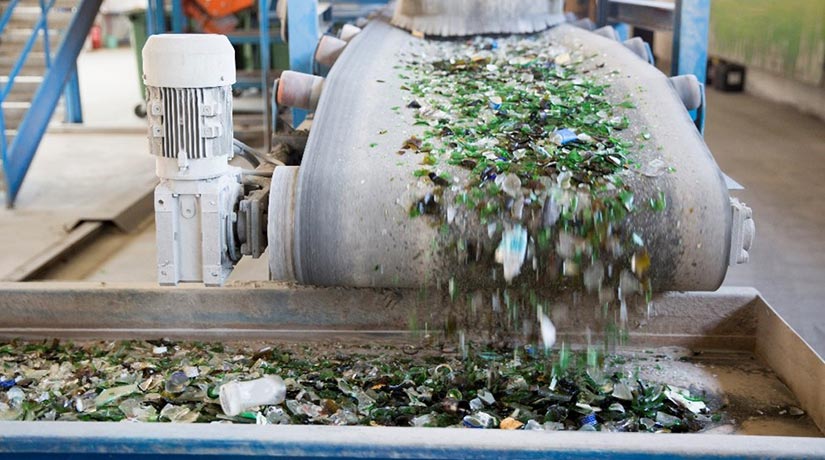Sustainability for Photovoltaics
NREL conducts research to increase energy produced over the lifetime of photovoltaic (PV) systems, reduce energy and materials consumed in their manufacture and installation, and enable their reuse or recycling.
Much of NREL's ongoing PV research aims, at least in part, to improve the sustainability of PV technologies.
Sustainability is a complex goal. It can be advanced by developing new PV technologies but also by improving the lifetime and reliability of mature technologies or even improving how installed PV systems are managed, especially at the end of their life.

Improving PV Lifetimes
Extending the time that a PV system can operate, and increasing the energy it can produce over that lifetime, reduces the materials, energy, and labor needed to deploy solar energy resources. NREL is studying how PV modules and their component materials perform—and fail—over time, with a goal of extending their useful life.
The NREL-led Durable Module Materials Consortium aims to enable sustainable, high-energy-yield, 50-year modules (compared to today's industry standard 25- or 30-year lifetimes) by understanding and addressing the factors that cause wear-out and failure in various types of PV modules.
NREL also conducts accelerated testing of modules and module materials and maintains several outdoor testbeds to study the long-term performance of fielded modules.
Analyzing PV in the Circular Economy
Learn how NREL is applying its modeling and analysis expertise to PV in the circular economy.
NREL is hosting the 2025 PV Circularity Workshop to foster research and collaboration on decarbonizing the global economy for the PV industry and to increase sustainability.
Developing Diverse PV Technologies and Supply Chains
NREL's ongoing work to discover and improve emerging PV technologies ensures a diverse, secure, and sustainable supply chain for solar energy.
NREL's work in the U.S. Manufacturing of Advanced Perovskites Consortium accelerates domestic commercialization of perovskite technologies, a promising development in PV that could greatly reduce the material and energy requirements for terawatt-scale PV manufacturing. NREL has numerous other research projects focused on perovskite solar cells, including materials science and analysis work to determine which precursors are safest and have the smallest environmental impact.
Selected Publications
Research and Development Priorities for Silicon Photovoltaic Module Recycling To Support a Circular Economy, Nature Energy (2020)
Unfounded Concerns About Photovoltaic Module Toxicity and Waste Are Slowing Decarbonization, Nature Physics (2023)
Towards Validation of Combined-Accelerated Stress Testing Through Failure Analysis of Polyamide-Based Photovoltaic Backsheets, Scientific Reports (2021)
A Circular Economy for Solar Photovoltaic System Materials: Drivers, Barriers, Enablers, and U.S. Policy Considerations, NREL Technical Report (2021)
Assessing Health and Environmental Impacts of Solvents for Producing Perovskite Solar Cells, Nature Sustainability (2020)
Sustainable Lead Management in Halide Perovskite Solar Cells, Nature Sustainability (2020)
Contact
Share
Last Updated Nov. 7, 2025
